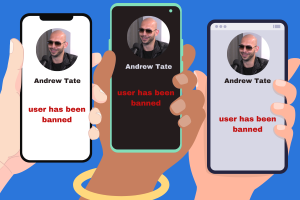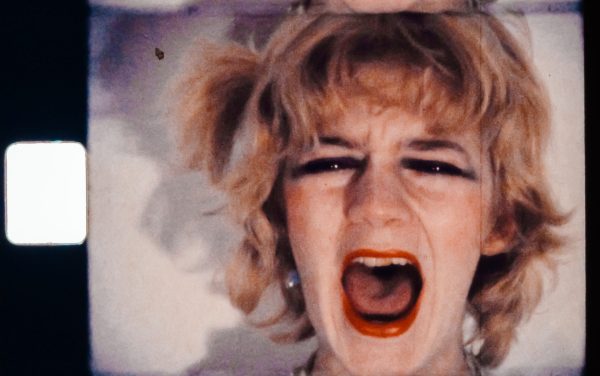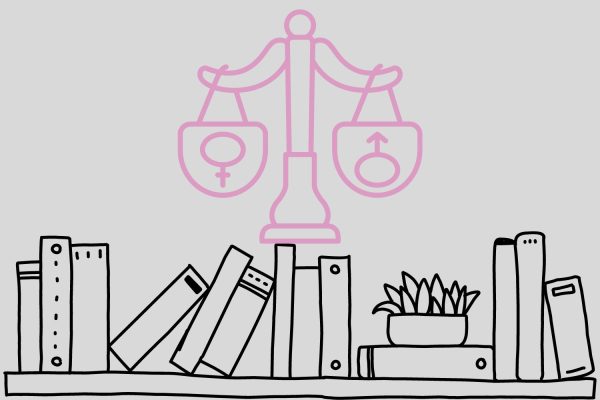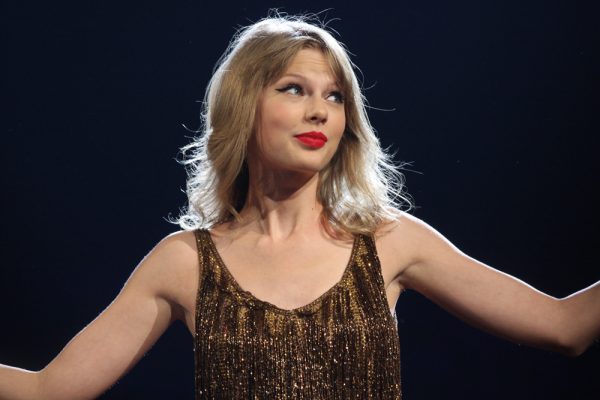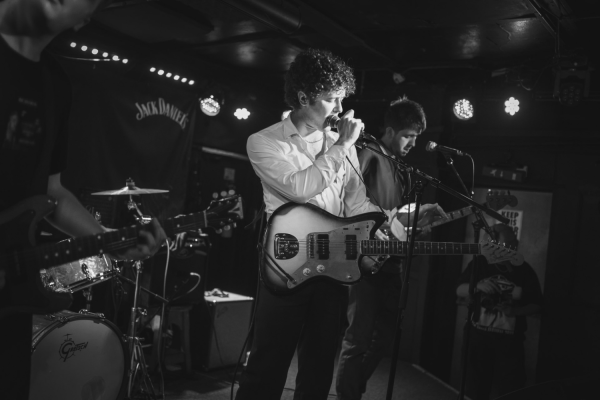Yes
November 18, 2022
Meta and Twitter are obligated to ban Tate to protect their communities, especially their younger audience, from hate speech and bigotry. According to the BBC, viral clips of Tate circulating on social media platforms include him calling women “intrinsically lazy” and saying there is “no such thing as an independent female.” Such misogynistic messages directly violate both Meta and Twitter’s community guidelines.
Tate’s influence overreached that of a typical “influencer” and became a substantial issue when young boys began parroting his abusive words in classrooms. Choosing to expose oneself to Tate’s messages is one thing, but when children relay his messages to their classmates, it is extremely problematic.
When young Tate followers noticeably altered the dynamics in their classrooms, they affected the informal yet crucial education all children receive from their peers and environment about gender roles.
Many educational organizations, such as The Unteachables Academy, a professional development course for teachers, tried to find ways to confront Tate’s ideology in the classroom. Yet these solutions are ultimately ineffective because they fail to address the root cause of the problem.
Children are being indoctrinated by Tate’s trending videos on social media, and only Meta and Twitter have the power to protect the impressionable minds of countless youth across the world. Therefore, the responsibility to ban him is the social media platforms.
The “real man” construct that Tate peddles is crippling to society as a whole because it gives life to the cycle of toxic masculinity.
A “Top G,” as someone Tate describes as feared and respected by all, cannot exist without the oppression and abuse of women and neglect of emotions experienced by males. These harmful practices are glorified by Tate’s flashy lifestyle of cars, expensive accessories and objectified women. Correlating self-worth with wealth and assertion of dominance instills toxic values in the next generation.

